5 Things I Wish I Knew Before My First 10k


So you’ve mastered 5k, and now you’re thinking of taking on your first 10km? Well, this is everything you need to know about stepping up from a 5k to a 10k.
In this blog, we’ll be taking you through how to set your goal, the types of training you should be doing, fueling for your training and the race itself, as well as how to get your mindset ready to tackle the 10km distance.
Respect the distance
10k – or 6.2 miles – isn’t to be sniffed at. That’s actually quite a long way to run really hard, whether you’re a beginner or more advanced.
Of course, adequate training will help ease the discomfort, to some extent, but the truth is the 10k is tough. Most runners who regularly run 15 to 30 miles per week can expect to finish a 10K race in 50 to 70 minutes. More advanced runners will usually finish somewhere closer to 30 to 40 minutes.
Do more than just running
The benefit of training for a distance like a 10k over a half marathon or marathon is that the amount of time you actually have to spend running in your training is significantly less because you don’t need to put in such big mileage for your long runs, for example.
This frees up some extra time to do some exercise that’s NOT running. But working on some cross-training – be it low-impact like cycling or swimming or some tougher gym sessions with weights – will really help with your overall performance over 10k.
Doing core-strengthening and flexibility exercises, like yoga or pilates, can help improve your form and overall efficiency, and could even reduce your injury risk.
Ideally, try to incorporate core work into your routine at least twice a week on easy or cross-training days. Your training will thank you for it.
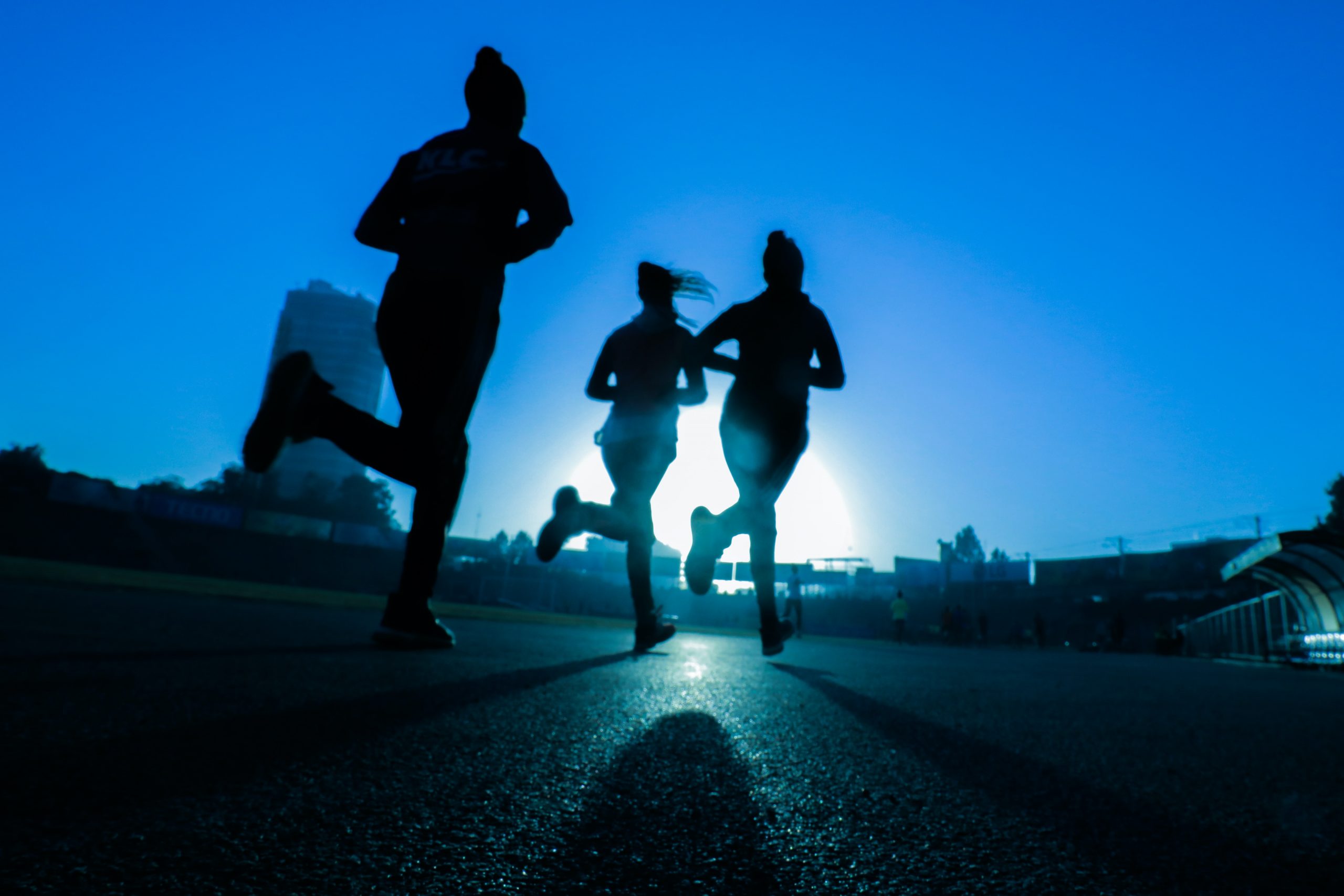
Mix up your running
As well as doing more than just running, you should mix up the TYPES of running in your training, before tackling my first 10k.
The 10K requires a mix of endurance and speed, so it’s important to train for both of those by tackling longer, slower runs, as well as shorter, faster ones.
Olympic coach Andy Hobdell suggests this session – among others – for the speedier stuff:
8 to 10 1k reps at your goal 10k race pace with 2 minute walk or jog recovery in between. Once you get the hang of that, shorten the recovery time to 60 seconds.
And at the other end of the running session scale, your long runs should not be done at the goal race pace. This is the most common mistake new runners make.
These longer, slower runs help train your body to work more efficiently and build up your aerobic base which is vital for endurance activity.
Pace yourself
Don’t go off too quickly!
This is something people often forget when they are running their first 10K. They get caught up in the excitement and if you’ve never taken part in a large organised race before, you may not realise that you’ll actually start a fair way back from the actual start line, so when the gun goes off, you all kind of shuffle forwards until you get to the actual start.
Your first 10k may even be a virtual one, so there won’t be the crowds at the start line anyway. But this tip still applies. You can meticulously plan how long it’s supposed to take you to run each kilometre of your 10k, but as soon as you get going it’s easy to forget that there are 10 of them to do – The first 3 or so may feel great. But the next 7 will be a lot tougher if you don’t pace yourself!
Just because you feel strong at the start, doesn’t mean you should go out all guns blazing – you will regret it further along the route.
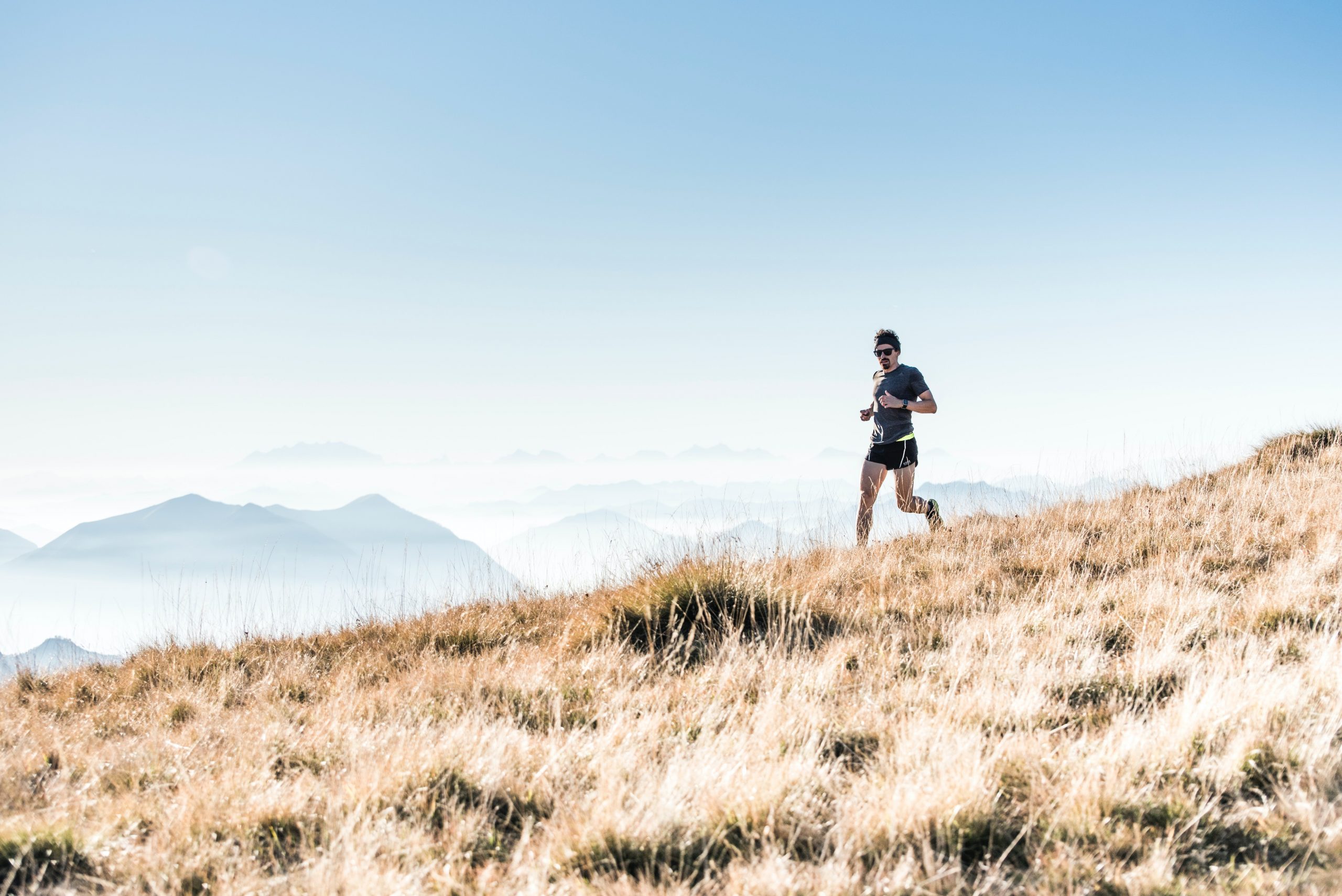
Remember your fueling
The good news is you don’t have to overthink fueling for the 10K. Most people who run a 10k in an hour or less won’t need to carry extra fuel with them on the run, like you would in a half marathon or marathon BUT, many people will tell you that when upping my running volume and intensity that you would need to make sure you are eating a bit more than normal!
Fuelling and hydrating are as important as physically training for your 10K. You should be able to finish runs when training for a 10k with enough energy that you could keep ongoing. And don’t neglect refuelling after your training runs either, that way you’ll be able to recover quicker and better.
So there you have it – hopefully, these tips will help you on your first 10k. If you’ve run a 10k before and have something to add, leave us a comment and let us know what you learned.
Watch the full episode on this topic here:


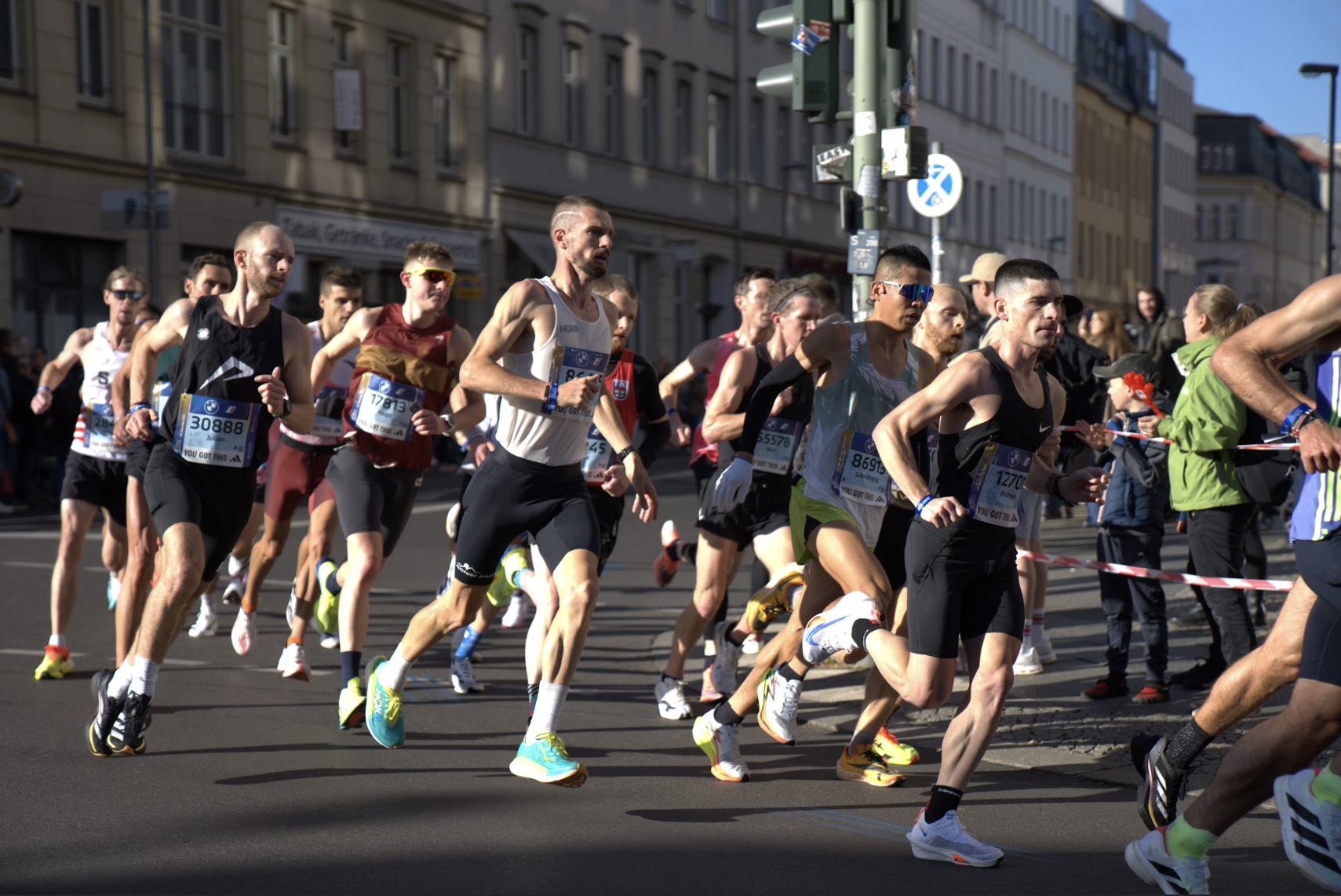

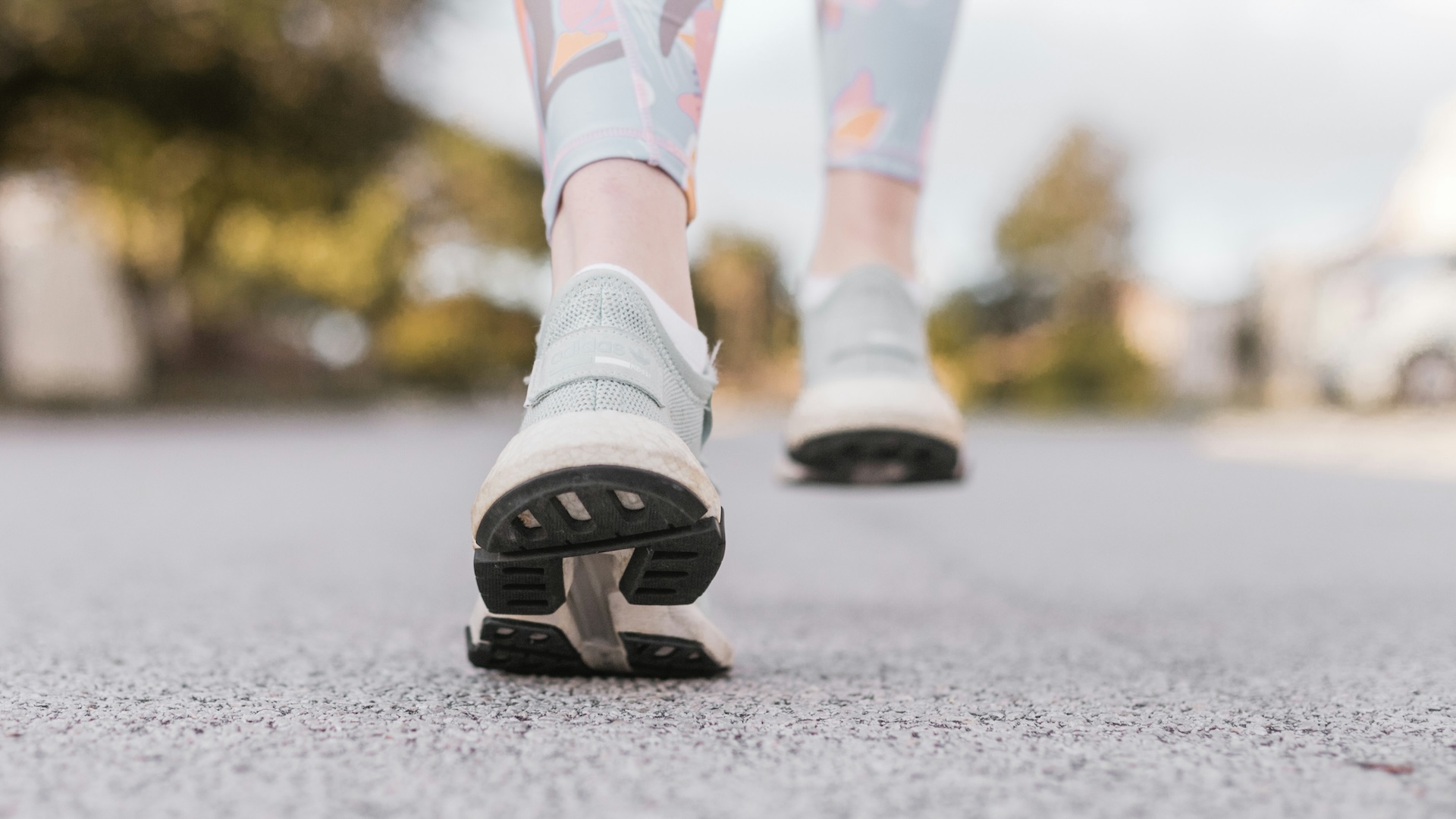

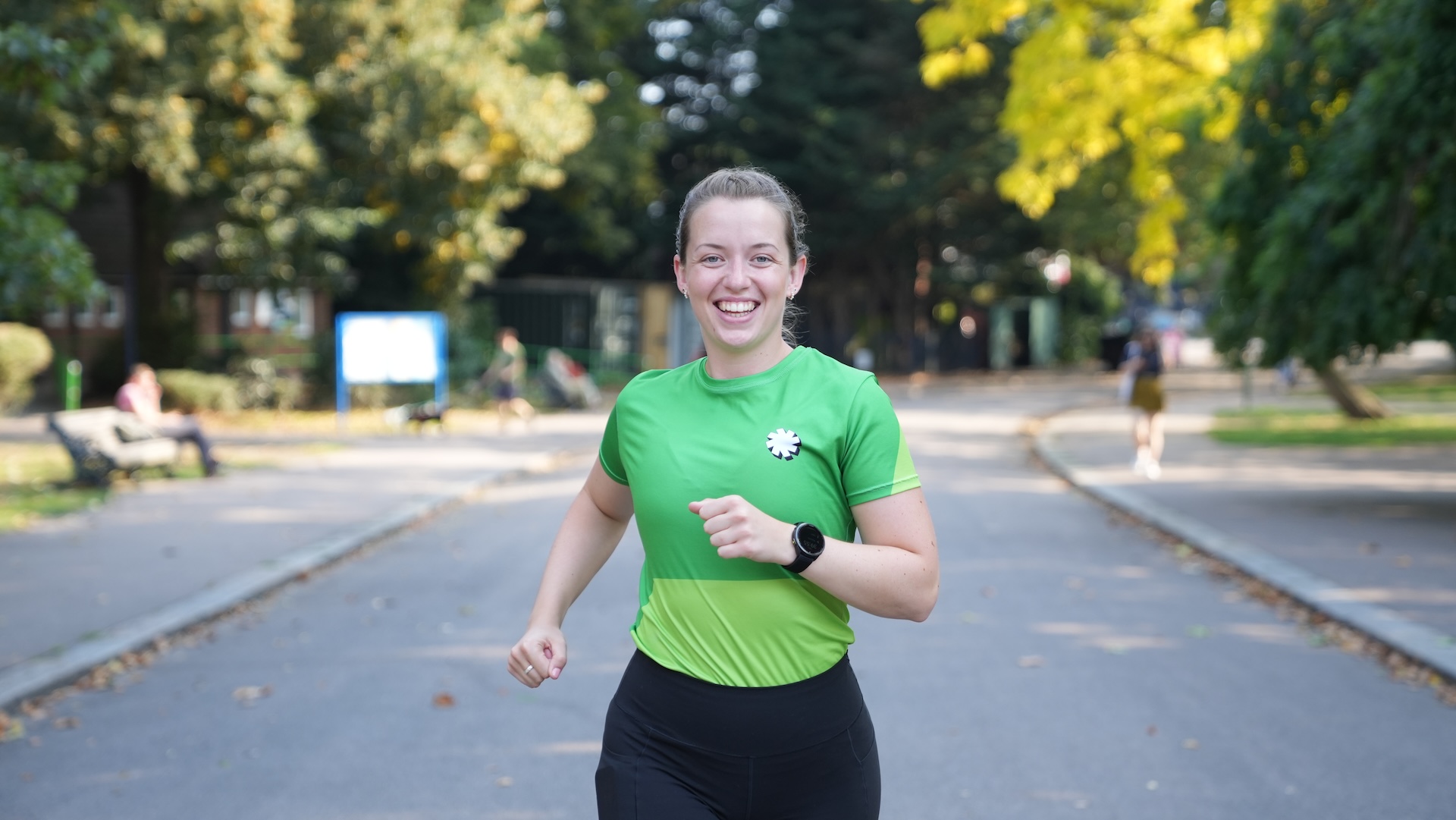




















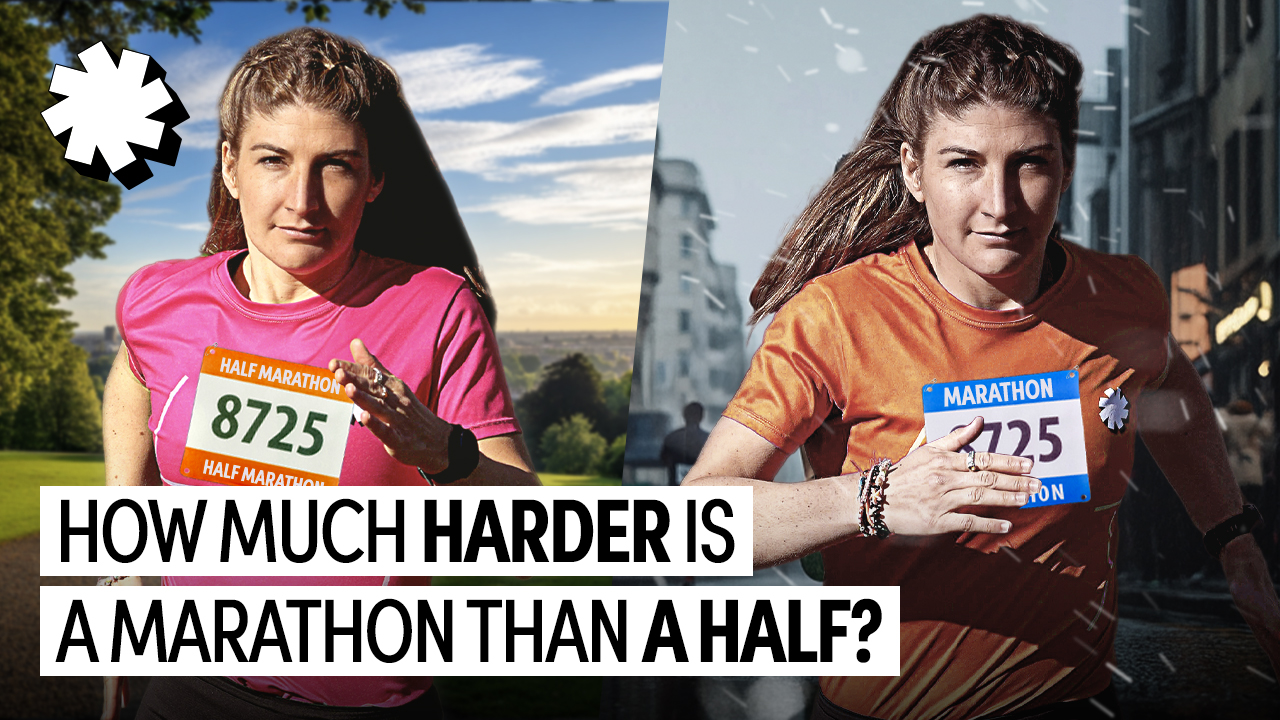

Running News
Ingebrigtsen Stars at World Athletics Indoor Championships 2025 – Plus All The Winners!
Sam Ruthe Is First 15-Year-Old To Run A Four-Minute Mile!
Eliud Kipchoge Will Run The 2025 Sydney Marathon!